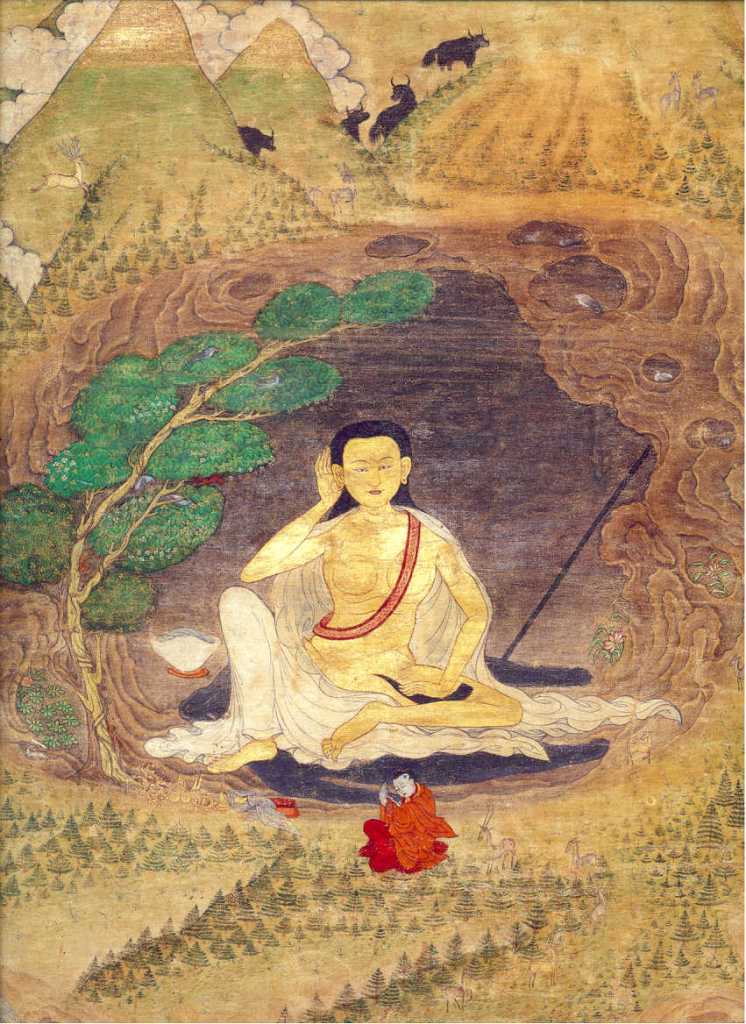 |
| Signpost in Freetown Christiana, Copenhagen, Denmark |
A dear friend sent these words to me yesterday, from Ecclesiastes, and I was heartened by this ancient wisdom in a dark time for me personally and for the world. My own sorrows and troubles do not belong to me -- they are not mine alone. They flow into the common, shared grief. Every day, all over the world, there is great loss, and great joy, constantly intermingling. The violence at the Tree of Life Synagogue in Pittsburgh this past weekend, and the loss of life and trust in that community, combines with the outpouring of support and calls to action, take their place in the powerful thrust of history and karma. Somehow, for me at least, the clouds have lifted today and the way has become clear. I don't begin to understand how this sort of thing happens, but I'm grateful for the abiding of the earth, the dependability of the sun and the wind and the sea, and great workings of time and chance. I bow to them all in gratitude.
1:4 A generation goes, and a generation comes, but the earth remains forever.
5 The sun rises and the sun goes down, and hurries to the place where it rises.
6 The wind blows to the south, and goes around to the north; round and round goes the wind, and on its circuits the wind returns.
7 All streams run to the sea, but the sea is not full; to the place where the streams flow, there they continue to flow.
9:11 Again I saw that under the sun the race is not to the swift, nor the battle to the strong, nor bread to the wise, nor riches to the intelligent, nor favor to the skillful; but time and chance happen to them all.




